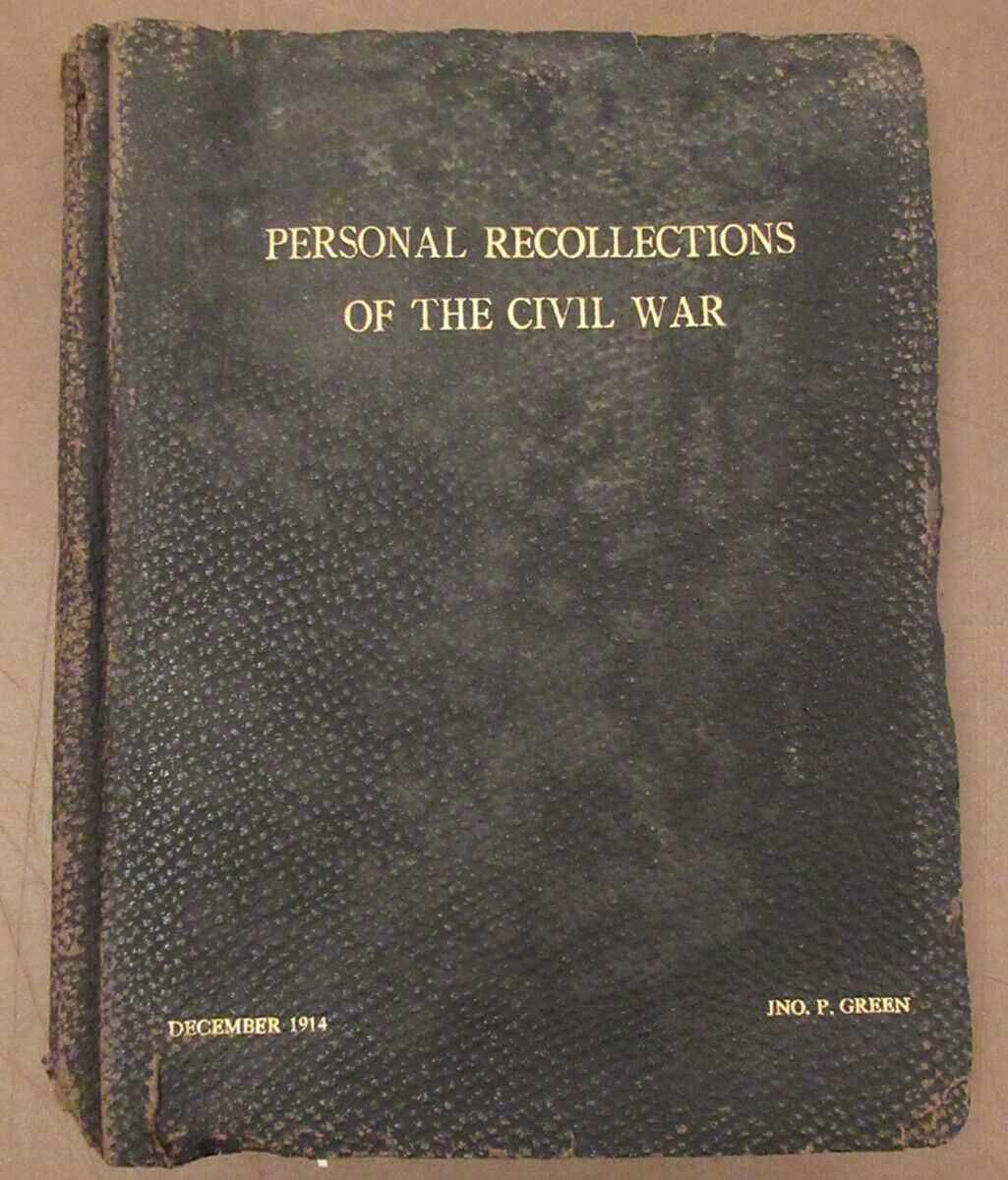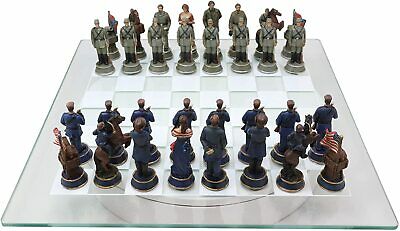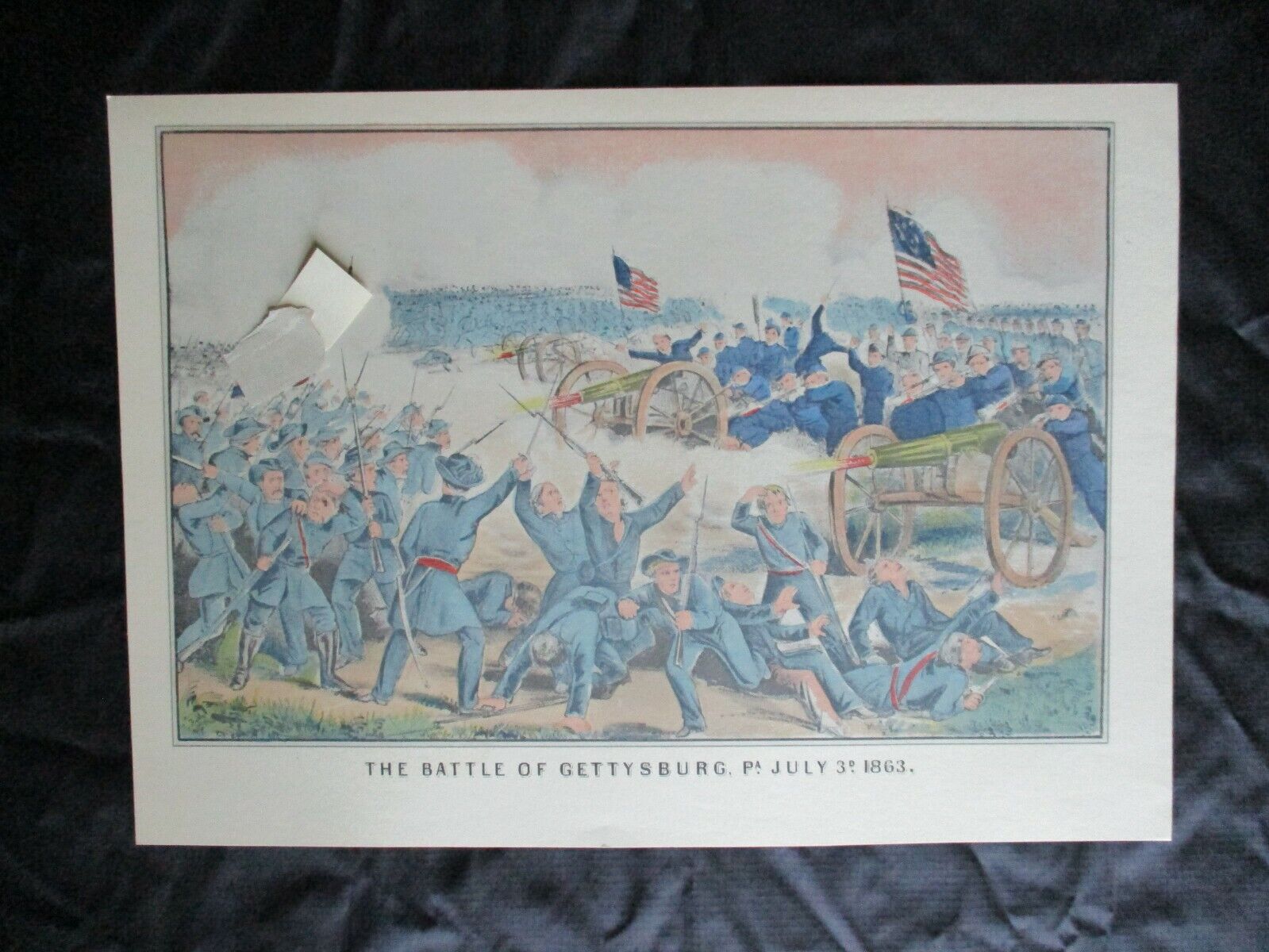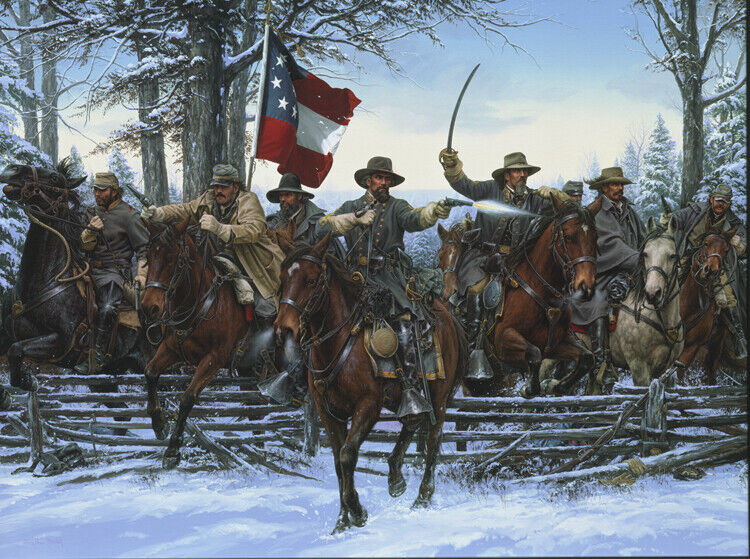-40%
1914 Civil War Capt. John Green Writes about the War, Slavery, Pennsylvania RR
$ 739.2
- Description
- Size Guide
Description
In this 1914, one hundred and fifty seven page typewritten “Personal Recollections of the Civil War,”, the 75-yr, old John Pugh Green writes retrospectively about his friendship and his apprenticeship as a lawyer with Kane family (pgs. 1-18); his Civil War experiences as Captain and Assistant Adjutant General under General Kane, General Sherman, etc. (pgs. 18-121); and his career with the Pennsylvania Railroad (pgs. 122-57). To reinforce his narrative, he includes excerpts from his own letters, reproductions of photographs, prints and engravings, and photostatic copies of received general orders and congratulatory letters.
As an apprentice lawyer, he is exposed to cases such as United States against Darnaud, “for participation in slave trade,” and the “moral conscience of the North [that] rebelled against the return of human beings to bondage. . .” At 23, he is recruited by Brig. General Thomas Kane to serve as Adjutant General. He writes about his duties and a soldier’s life in-between campaigns, adding an occasional reflection, “if this war is ever to be finished, it must be done quickly. No country can stand the frightful drain of men and money for more than three of four years” (p.34). He describes the dreadful fighting at Chancellorsville where the Union suffered great many losses and had to retreat; he tactfully acknowledges the “audacious” General Lee and “the great fighting leader” General Jackson who attacked the 2
nd
Brigade from the rear in a manner “this brilliant and audacious” (p.46). He praises Gen. Kane who “would stand on the bank protecting them and point out the rebel sharp shooter, utterly regardless of his own danger,” (p.47) and contrasts him with Gen. Warren who positioned the troops in “scrub oak thickets,” an advantage to Jackson’s army that could observe them unobserved. The brigade rests at Acquia Creek for a month before the Gettysburg Campaign. He witnesses the “delicate ladies” return to the Chancellorsville house, one 20-yr old “walk[ing] as if she were willing to endure anything for the sake of the ‘Sunny South’” (p.53). He writes about their preparations “to protect Baltimore and Washington against the invader,” of Gen. Lee being “entirely ignorant of [their] movements until he had barely time to concentrate his scattered troops on the battlefield of Gettysburg,” and the manner in which the Army of the Potomac followed General Lee’s retreating army (pgs.57-61). In Wauhatchee, their losses are severe and threat of capture imminent, but the “lost” and meandering 11th Army Corps find themselves at the rear of the confederates “forc[ing] them to fall back” (p.70). In hindsight, he acknowledges “the pathetic incidents of every war,” where men who have done great work “at some time fail to meet public expectations in some great emergency” disappear, and “a more fortunate successor stamps his name indelibly on the record of events” (p.74). He names the good generals who have been thus “relegated to the rear.” Of General Sherman he says, “a great soldier, very careful of his men . . . preferring to accomplish a result by strategy rather than by mere force of arm” (p.101).
His commentary interspersed with excerpts from his letters also reveal wonders and hardships endured by the soldiers. He writes about General Bragg’s defeat at Lookout Mountain, pushing “them as far as Ringgold, Ga,” and of serious loss from Gen. Cleburne’s troops to the Ohio regiments of their Division, of the winter hardships they endured. Retrospectively, he says, “We were young then, used to hardships, could eat anything, sleep anywhere and never knew an ache or pain” (pgs.80-84). He includes an account of a soldier who deserts his post at Lookout Mountain to rob the dead. After he is dishonorably discharged, he is marched on the streets with boards “Coward” and “Robs the Dead” on his front and back (p.88).
An excerpt from his letter of Jan 10, 1864 also demonstrates the vagaries of war: “the men in the field have no bitter feeling toward each other and would be glad to stop fighting and shake hands at any moment. . . You would hear them shout “halloo Yank!” “Halloo Reb!” “Got any coffee”. . . “Got any tobacco?” in the midst of a fight. While awaiting marching orders, they laugh heartily at the expense of an old Virginia slave “who expressed great regret on [their] asking questions that he ‘had not been born where you was gentleman,’” (p.103). Green adds, “. . . simple as he seemed, he knew perfectly well what the grievances of the slaves were and felt the hardship of not being allowed to learn, or attend Divine Service, quite as acutely as if his complexion had been lighter” (p.104). They not only experience the gratitude of the slaves but also the indifference of the Southerners who say “they were forced into the Rebellion, and will be only too glad when it is over . . . ready to take the Amnesty Oath in order to secure protection to themselves and their property” (p.106).
Green leaves before the Kennesaw Mountain battle to report to the Army of the Potomac for a new assignment under Col. Alexander Cummings in Camp Cadwallader, PA. Soon after, in Jan 1865, he becomes Secretary to Colonel Scott, Vice President of Pennsylvania Railroad, finishing his career as Vice President of the Company. In his capacity as a lawyer, he initially secures land titles for the 250,000 acres procured by Col. Scott after the drought of 1864; subsequently, his duties are tied to financial negotiations. He elaborates on the successful negotiation of the French Franc Loan, the several attempts under Scott’s leadership to expand the railroad further West, and about building railway stations (Penn station, Washington, Union) to accommodate the growing needs of the “traveling public.” He names and honors all the Presidents (especially Col. Scott and Alexander Cassatt) and Vice Presidents of the Railroad Company and praises the organization for its equitable treatment of employees and its dedication to improving services. He is highly critical of labor unions, blaming them for the “perfunctory manner” of work and of the U.S. Govt.’s “expensive and vexatious regulations” that hindered the growth and vision of the Company (pgs.122-57). He ends on the happy note that he is healthy, still playing cricket and tennis, and has time for his grandchildren.
John Pugh Green
(1839-1924) was a lawyer. During the Civil War, he served as Captain and Assistant Adjutant General under General Thomas Kane and other Generals. In 1865, he began a career with the Pennsylvania railroad, retiring as the Vice President of the company. He also wrote extensively about the 11
th
and 12
th
Army Corps movements, Inter-State Commerce Bills and the Pennsylvania Railroads, some of which have been published. He named his son Kane to honor his friendship with the Kane family.
Condition:
Typed on 9” x 12” onion skin paper. The title “Personal Recollections of the Civil War. December 1914, JNO. P. Green” is gilt stamped on the cover of a limp, pebbled leather post binder. A dedication, “For my dear son Kane S. Green. With a great deal of love from his father” is hand written on the first page. The first and second pages are brittle and have tears. The author’s photograph has detached from the second page. Typed pages are all intact. The limp leather covers have short tears along the edges. There are splits on the top and a tear along the bottom of the spine of the binder. Has 12 reproductions of engravings and photos, and 6 photostatic copies of General Orders. Includes miscellany--2 typed and corrected drafts of Green’s Civil War experiences and a copy of the Pugh family tree with notes.
Shipping Notes:
We ship same day via USPS upon receipt of payment before 3 PM. Payments received Monday-Friday (after 3 PM) will be shipped the next morning. Payments received after 3 PM on Fridays and on Saturdays & Sundays will be shipped no later than the following Monday morning.
A note about packing
: Please check our feedback. We take pride in our excellent packing. We double-box all fragile items to insure their safe journey through the postal system. This sometimes means it costs a little more to ship your item, but you can rest assured that it will arrive in one piece.
International Buyers Please Note:
Import duties, taxes and charges are not included in the item price or shipping charges. These charges are the buyer's responsibility. Please check with your country's customs office to determine what these additional costs will be prior to bidding/buying. These charges are normally collected by the delivering freight (shipping) company or when you pick the item up; do not confuse them for additional shipping charges. We do not mark merchandise values below value or mark items as "gifts" - US and International government regulations prohibit such behavior.













